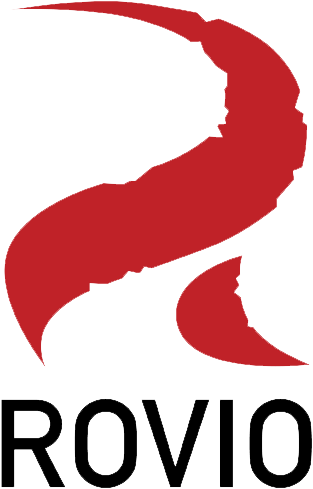Rovio Responding to Market Issues with New CEO
posted Sunday Aug 31, 2014 by Scott Ertz

First to market is almost never an indicator of overall success in a market. For example, look at the fate of Palm and BlackBerry. Or, where is Myspace today? Mostly relegated to the pages of history. This phenomenon has also affected the casual gaming industry.
As an example, let's look at Zynga, who has not had a successful quarter in what seems like years. Just because they helped to take casual games mainstream doesn't mean they know how to handle the success or to pivot as the industry changes. Another company at the head of the casual trend was Rovio, whose Angry Birds franchise became a worldwide success quickly with sequels constantly coming out. Their early success was so great that even Lucas got involved, licensing Star Wars for one of the many sequels.
Unfortunately, as the casual gaming world has switched from a pay-for-game model to a freemium model, Rovio has had a lot of trouble adapting. Their platform has tried to adjust to this particular change, but they have still had no luck in generating revenue, which has led to a management change at the company. CEO Mikael Hed will be stepping down this year, to be replaced by Nokia veteran and current Chief Commercial Officer Pekka Rantala. Mr. Hed said of his time as CEO (in which he usually wore a red Angry Birds hoodie in public,
It has been an amazing ride. In the coming months, I will be very happy to pass the hoodie to Pekka Rantala, who will take Rovio to the next level.
This change serves to highlight an overall problem in the gaming industry, which has been more prevalent in the new social startups than even the established developers. The issue is an inability to change the thing that made them popular when they got started to adjust to a changing marketplace. While Rovio has had trouble with freemium, Zynga has had trouble backing away from Facebook. Both of these companies will have responded, maybe successfully, by changing the leadership that kept them in the dark.
Big developers have the same issues, often focusing down on a single franchise until it inevitably sinks the ship. Activision had previously focused on Guitar Hero, until ultimately disbanding the brand, only to replace it with Call of Duty. They then purchased Blizzard, which has a soft spot for the Warcraft franchise, with a particular focus on World of Warcraft. If the revenue from that game were to suddenly disappear, the company would certainly fold.
Unfortunately no franchise can survive forever; people eventually want diversity, and a never-changing game is not the way to achieve it. Hopefully Rovio will be able to figure out how to take advantage of a freemium model with new management.

